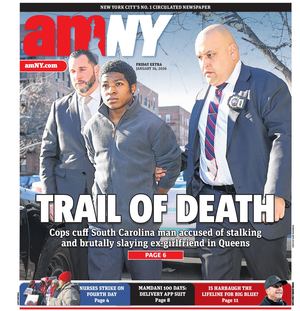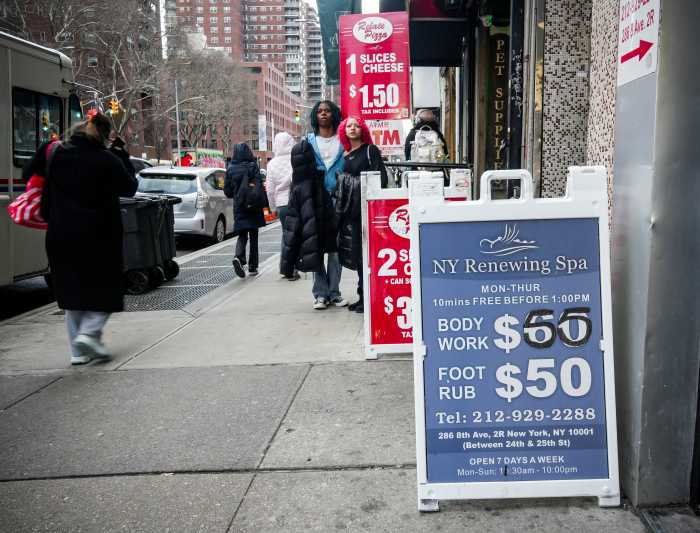For the current fall semester, approximately 17 million students are enrolled in colleges and universities in the United States.
For most of these students and their families – other than buying a home – attending college is the most consequential investment they will ever make. While college may help students determine their future career and earning potential, attending college comes at an enormous cost and the likelihood of long-held debt. It’s no wonder more students are asking: Will a college education give me what I need?
At the University of Michigan, one of the best state schools in the nation, tuition and fees total approximately $17,000 for state residents and $57,000 for out-of-state students. At Duke University, one of the nation’s leading private universities, tuition and fees are about $63,000. Community colleges are less expensive but still costly. The Community College of Denver charges $5,000 in tuition and fees for in-state students but about $16,500 for out-of-state students.
Contending with these exorbitant tuition levels has resulted in more than 45 million Americans holding student loan debt totaling approximately $1.7 trillion (prior to the Biden administration’s announcement to provide relief to millions of student debt holders). College graduates from the class of 2020 who assumed loans borrowed an average of almost $30,000.
No doubt, millions still view a college education as an enriching experience that not only enhances one’s job prospects but also expands one’s social connections, a factor that has been determined to be even more critically important to a person’s ultimate career trajectory.
It is precisely because so much is at stake today for graduating students that U.S. News & World Report strives to be – as it has been since 1983 – the preeminent, objective resource to help high school students and their families make the most well-informed decisions about college and ensure that the institutions themselves are held accountable for the education and experience they provide to their students.
The changing, post-pandemic landscape is placing even more pressure on universities and colleges to fulfill their promise to students. Declining enrollment in colleges and universities has lowered the undergraduate student body by nearly 1.4 million students or 9.4% since the beginning of the pandemic. Even community colleges are witnessing similar downward trends. Various factors account for this decline, but increasing numbers of high school students are questioning the value of a college education given the high costs and the possibilities of realizing higher earnings through alternative educational and career paths.
Nowadays, business and education leaders are encouraging students to develop enhanced trade skills, and trades-oriented programs are enjoying significant increases in enrollment. Education Secretary Miguel Cardona has advocated for schools to include more workforce skills as a means of better preparing students for their careers.
Moreover, while a college education and college degree remain beneficial and invaluable to many, they may no longer be imperative for millions of others who are adapting to a rapidly changing workforce and a tight job market. As many as 40% of college graduates today work at jobs that do not actually require a college degree. Another mismatch exists between college degrees and job pay – the lowest paid college grads are actually paid less than the highest paid high school grads.
No doubt, a college degree still serves as the primary pathway into the workplace – about two-thirds of businesses will reject applicants who lack a four-year degree, even if they are qualified to do the job. But as more and more companies recognize that a college education may not fully prepare students for work and yet are unable to find the necessary talent in certain areas – such as technology, data analytics or cybersecurity – they will establish their own skills programs to train the next generation of workers themselves. Already, IBM created an alternative high school education path called P-TECH; others like Lockheed Martin rely on a variety of programs including apprenticeships to develop the necessary talent.
The U.S. higher education system has long been seen as the global gold-standard, a reputation it is not likely to relinquish anytime soon. Yet universities must continue to prove their value and purpose to individual students – the ones who will bear the enduring costs, and hopefully also enjoy the continuing benefits of an undergraduate degree.
As a new freshman class toils with their first semester of classes, colleges and universities will need to evolve to meet the demands and pressures of today’s workplace in an increasingly competitive world, in the same way that U.S. News will continue to evolve the way we measure colleges and universities so that we can provide consumers with the most relevant information for their decision-making process.
Eric J. Gertler is Executive Chairman and CEO of U.S. News & World Report and a former President & CEO of Empire State Development in New York State.
Read more: NYC Shelter Mandate Changes Face Growing Opposition





































